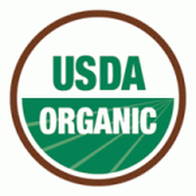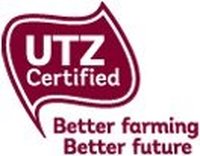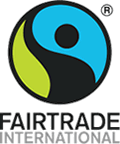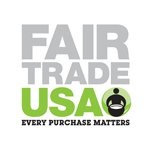Guide to Coffee Certifications
by Shan Reddy, 4/16/15

The rise of specialty coffee has brought about heavy competition among roasters around the world; coffee certifications have helped to differentiate among various beans in a newly heated market. This is a quick guide to the most common certifications to commercial coffees; they require verification by third-party providers and usually emphasize high ecological and environmental standards.
Organic (USDA)
The first certification on our list entails coffees produced under US standards established and enforced by USDA through the National Organic Program. Requirements for the program include limited use of synthetics and chemicals, as well as banning of prohibited substances on land plots for at least three years. Other certifications include a required buffer between organically grown coffee plants and non-organically grown alternative crops. Read up on the USDA's full organic policy here.
Fair Trade (FLO, Fair Trade USA)
Fair Trade promotes alleviation of poverty in primary sectors across the world through greater equality in international trade. Governed by the Fairtrade Labelling Organizations International (FLO) and Fair Trade USA, Fair Trade certification is available to democratically-organized cooperatives of small producers worldwide. In order to be Fair Trade and Certified Organic, cooperatives must receive a minimum of $1.51 per pound from consumers.
Organic (USDA)
The first certification on our list entails coffees produced under US standards established and enforced by USDA through the National Organic Program. Requirements for the program include limited use of synthetics and chemicals, as well as banning of prohibited substances on land plots for at least three years. Other certifications include a required buffer between organically grown coffee plants and non-organically grown alternative crops. Read up on the USDA's full organic policy here.
Fair Trade (FLO, Fair Trade USA)
Fair Trade promotes alleviation of poverty in primary sectors across the world through greater equality in international trade. Governed by the Fairtrade Labelling Organizations International (FLO) and Fair Trade USA, Fair Trade certification is available to democratically-organized cooperatives of small producers worldwide. In order to be Fair Trade and Certified Organic, cooperatives must receive a minimum of $1.51 per pound from consumers.

UTZ Certified (UTZ)
UTZ Certified is a sustainability corporation that certifies various agricultural products, including coffee. Emphasizing transparency and traceability in the supply chain as well as efficient farm management, the certification includes soil erosion prevention, water conservation, responsible chemical use, and habitat protection. In order to gain official certification, four years of increasing standards dealing with environmental protection must be met.
UTZ Certified is a sustainability corporation that certifies various agricultural products, including coffee. Emphasizing transparency and traceability in the supply chain as well as efficient farm management, the certification includes soil erosion prevention, water conservation, responsible chemical use, and habitat protection. In order to gain official certification, four years of increasing standards dealing with environmental protection must be met.


